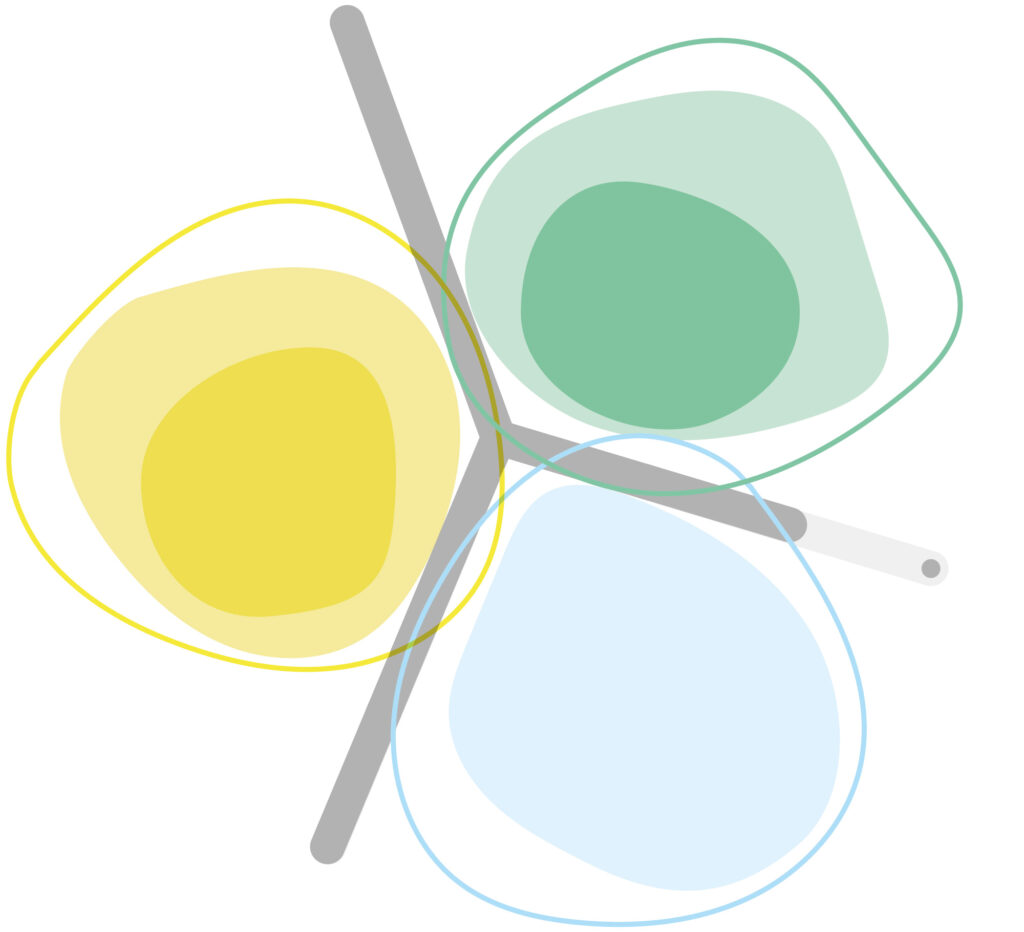You are currently viewing a placeholder content from Google Maps. To access the actual content, click the button below. Please note that doing so will share data with third-party providers.
More InformationHemp is one of the oldest cultivated plants and has been used in many different ways over the centuries: from textiles and paper to building materials and other materials. With the advent of fossil raw materials, it was displaced, and research and development came to a virtual standstill. Today, the renewed use of hemp is opening up new opportunities for sustainable construction, regional value creation, and the economically efficient production of building materials and fiber products. As an important crop for the transition to a bioeconomy, it can be cultivated efficiently, especially in rural areas of Saxony-Anhalt, even in times of climate change. The planned Hemp Information and Competence Center in Mücheln aims to highlight this potential and make it usable and accessible to different target groups. In this respect, inclusion and participation are not only designed as methods in the project, but also become key factors for the success of the goals set.
Das „Informations- und Kompetenzzentrum Hanf“ ist transdisziplinär angelegt. Zu seinen Aufgaben gehört, (1) in der Region das Gesamtpotenzial von Hanf bekannt zu machen und für seine vielfältigen Nutzungen zu werben. Unterstützt wird auf diese Weise (2) das Entstehen nahezu geschlossener Wertschöpfungsketten rund um Hanf, durch die der Biorohstoff Hanf in eine vollständige Nutzung überführt wird und sich in der Region ein neuer Wirtschaftszweig insbesondere für kleine und mittelständische Unternehmen entwickeln kann. (3) Das Herzstück des Projektes ist eine Experimental-Bauwerkstatt, in der neue Bio-Bauwerkstoffe aus Hanf entwickelt, ihr Einsatz erprobt und schließlich am Experimentalbau direkt präsentiert werden. Dies soll die Einführung von Hanf als Baustoff in die Bau- und Gebäudewirtschaft unterstützen. Dieser eher professionelle Teil der Bauwerkstatt wird mit einer Selbsthilfe-Bauwerkstatt ergänzt, in der (4) interessierte Fachleute und Laien sich in Theorie-Praxis-Seminaren zum Umgang mit Hanfbaustoffen kundig machen bzw. praktische Anleitung und Hinweise zum Einsatz von Hanfbaustoffen bei ihren persönlichen Projekten erhalten. Dies ist insbesondere in der eher ländlich geprägten Region rund um die Stadt Mücheln (Geiseltal) ein wichtiges Angebot, weil hier polytechnische Fähigkeiten und Fertigkeiten gepflegt werden, um auch bauliche Projekte eigenständig entwickeln und umsetzen zu können. Ebenso spielen (5) digitale Neuerungen wie eine Datenbank zur Nutzung biologischer Ressourcen wie Hanf im Bereich einer nachhaltigen Bioökonomie eine Rolle. Das Zentrum für die Vermittlung von Informationen zum Biorohstoff Hanf und für die Entwicklung und Bündelung von Kompetenzen zu den vielseitigen Nutzungsmöglichkeiten von Hanf hat den Anspruch, (6) mit diversen Erlebnispfaden sinnlich nachvollziehbar werden zu lassen, wo und wie und mit welchen Vorteilen Hanf eingesetzt werden kann (u. a. Bauen, Textil, Nahrungsmittel für Mensch und Tier, Kosmetik, Tierhaltung) und wie moderne Forschung und Entwicklung zu neuen Anwendungen beiträgt. Auf diese Weise soll nicht nur Hanf als ökologisch und ökonomisch wertvolle Ressource sichtbar gemacht, sondern auch das Bewusstsein für nachhaltige Stoffkreisläufe in der Region geschärft werden.

You are currently viewing a placeholder content from Vimeo. To access the actual content, click the button below. Please note that doing so will share data with third-party providers.
More InformationYou are currently viewing a placeholder content from YouTube. To access the actual content, click the button below. Please note that doing so will share data with third-party providers.
More InformationYou need to load content from reCAPTCHA to submit the form. Please note that doing so will share data with third-party providers.
More InformationYou are currently viewing a placeholder content from Google Maps. To access the actual content, click the button below. Please note that doing so will share data with third-party providers.
More InformationYou are currently viewing a placeholder content from Google Maps. To access the actual content, click the button below. Please note that doing so will share data with third-party providers.
More InformationYou are currently viewing a placeholder content from Vimeo. To access the actual content, click the button below. Please note that doing so will share data with third-party providers.
More InformationYou are currently viewing a placeholder content from YouTube. To access the actual content, click the button below. Please note that doing so will share data with third-party providers.
More Information